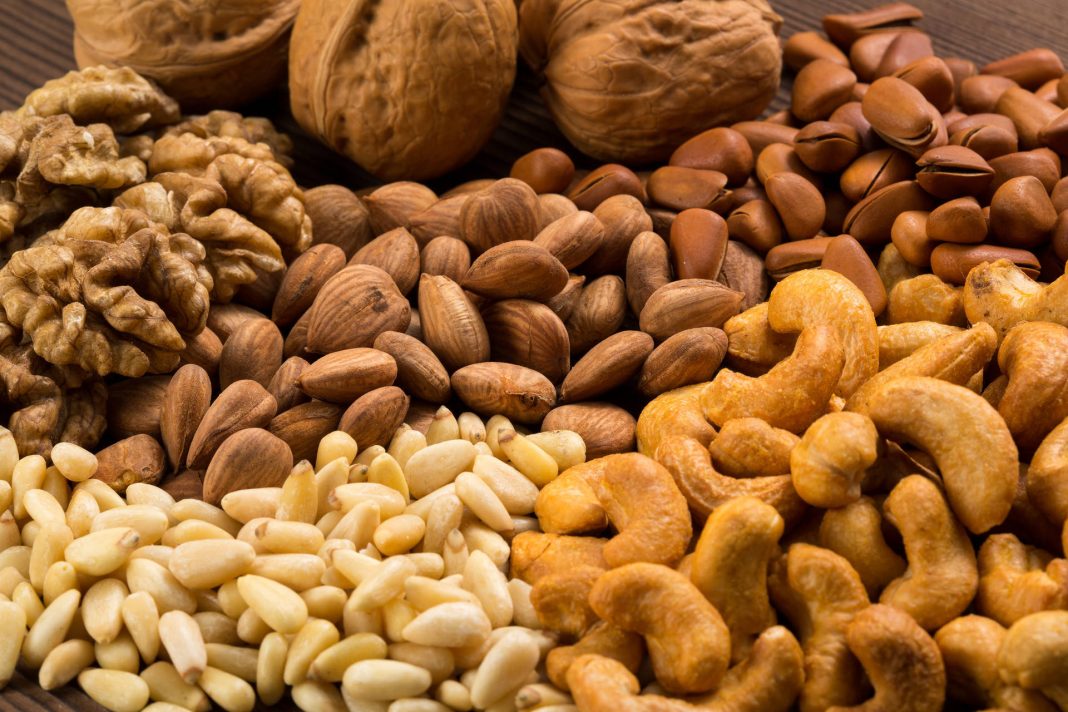This content is provided by Pioneer Bird Blood Sugar Management Software! It helps you track blood sugar, blood pressure, and other health indicators, offers free tasting of sugar-free foods, as well as customized diet and exercise plans to accompany you in sugar control.
As a nutritionist, I have encountered many diabetic patients in my daily work, most of whom are elderly. There is a misconception regarding dietary management that has impressed me deeply: many elderly people believe that they cannot eat green beans if they have diabetes. In fact, green beans are not a forbidden food for diabetes patients; what needs to be avoided are the following three types of foods. Today, I would like to share my experience with you.
First, we need to clarify the dietary principles for diabetes patients. Diabetes is a chronic metabolic disease, and patients need to control their diet to maintain stable blood sugar levels. The key to dietary management lies in reasonable combinations and balanced nutrition, ensuring sufficient energy intake while avoiding excessive fluctuations in blood sugar levels. Based on this, let’s analyze why elderly people can eat green beans.
Green beans, also known as kidney beans or string beans, are a vegetable with high nutritional value. They are rich in protein, dietary fiber, vitamins, and minerals. For diabetes patients, consuming green beans in moderation has the following benefits:
Dietary Fiber: The dietary fiber in green beans can lower the glycemic index of foods, helping diabetes patients control post-meal blood sugar levels. Additionally, dietary fiber can promote intestinal peristalsis and prevent constipation.
Protein: Green beans have a high protein content, and for diabetes patients, adequate protein intake helps repair damaged pancreatic cells and improve insulin sensitivity.
Trace Elements: Green beans are rich in trace elements such as calcium, magnesium, and potassium, which play an important role in maintaining cardiovascular health and preventing complications of diabetes.
Since green beans are not a forbidden food for diabetes patients, which foods should they really avoid? The following three types of foods should be minimized:
High-Sugar Foods: Such as candies, sugary drinks, pastries, etc. These foods contain a large amount of sugar, leading to a rapid increase in blood sugar after consumption, increasing the burden on pancreatic cells, making it difficult to control the condition.
High-Fat Foods: Such as fried foods, animal offal, cream, etc. High-fat foods can lead to weight gain, aggravate insulin resistance, and make blood sugar harder to control. Moreover, excessive intake of high-fat foods can also easily trigger cardiovascular diseases.
High-Salt Foods: Such as salted fish, salted meat, pickled vegetables, etc. High-salt foods can increase blood pressure and raise the risk of cardiovascular complications in diabetes patients. Therefore, diabetes patients should aim for a low-sodium diet, with daily salt intake controlled below 6 grams.
Here are some suggestions to help diabetes patients arrange their diets appropriately:
Regular and Quantitative Meals: Eat three meals a day regularly, avoiding binge eating. You can develop a suitable dietary plan based on your physical condition and your doctor’s advice.
Combination of Coarse and Fine Grains: The staple foods should mainly consist of whole grains, such as brown rice, oats, and corn, accompanied by fine grains, such as rice and noodles. The dietary fiber in whole grains helps control blood sugar.
Combination of Animal and Plant Foods: Ensure daily intake of sufficient vegetables, especially leafy greens. Consume lean meat, fish, eggs, and dairy products in moderation to meet bodily needs.
Limit Fruit: Fruits have a high sugar content, and diabetes patients should eat them in moderation. Low-sugar fruits can be chosen, such as apples, pears, and oranges, and eaten in separate meals.
Control Alcohol Consumption: Alcohol can interfere with blood sugar metabolism; diabetes patients should try to avoid drinking. If completely abstaining is difficult, they should strictly control the amount of alcohol consumed.
In summary, diabetes patients do not need to overly avoid green beans but should focus on the intake of high-sugar, high-fat, and high-salt foods. Through a reasonable diet, diabetes patients can better control blood sugar levels and reduce the risk of complications. I hope my experience sharing is helpful to everyone.


